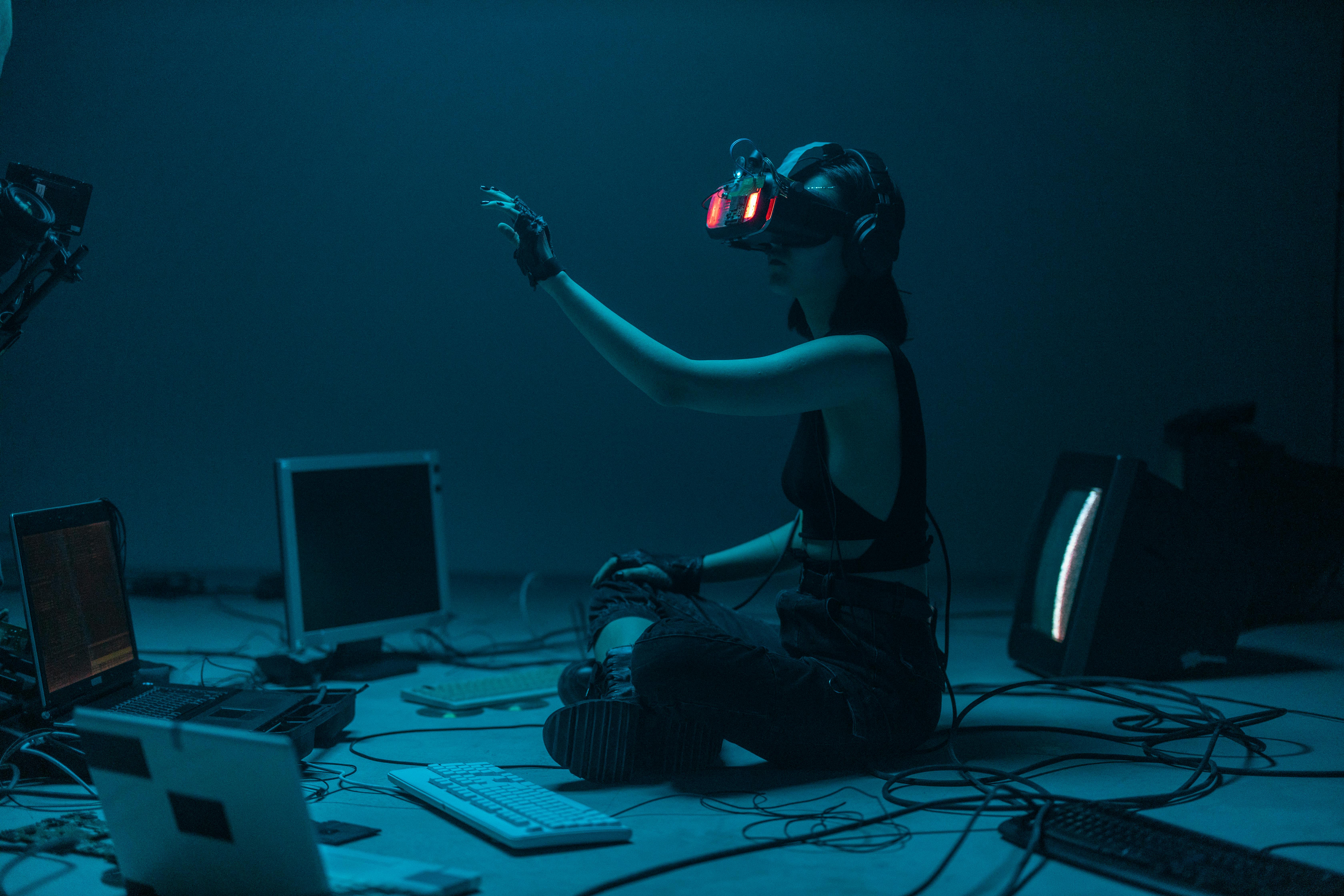Understanding the Debate: The Implications and Controversies of AI-Driven Facial Recognition Technology

The arena of technology and digital systems has witnessed significant advancements in recent years, with AI-powered facial recognition systems standing out as a clear forerunner. With the capability to identify an individual from a digital image or frame derived from a video source, it has emerged as a significant tool in numerous sectors such as security, marketing, and law enforcement. However, with increasing dependence on this technology, there arises a substantial amount of controversy surrounding its ethical implications, effectiveness, and bias, something which we will explore in this article.
The Wealth of Profits and Applications of AI-based Facial Recognition Technology
Creating a multi-billion dollar industry, AI-driven facial recognition systems have found their application in a wide range of areas. They are being extensively used for security purposes around the world with government agencies and corporations using it for identification and verification purposes. Hotels and retail outlets are also deploying facial recognition software as a part of their customer identification process to provide more personalized services. The healthcare industry, on the other hand, uses this technology to tackle patient safety issues and offer secure access to patient health records. However, the invasive nature of such technology raises significant doubts about privacy and misuse.
Exploring the Ethical Dilemma of AI-based Facial Recognition Technology
Although AI facial recognition systems have transformed various sectors and industries, they pose a significant ethical dilemma. The central concern stems from the invasive nature of such technology and the repercussions it can have on an individual's privacy. The potential for misuse of such technology is substantial due to a lack of strict regulations. To put it simply, these systems offer an unparalleled level of surveillance, raising significant concerns about user consent, racial bias, and false identifications. Questions about who has access to these forms of technology, for what purpose they are used, and how its data is stored and used continue to deepen the ethical controversy surrounding it.
On the Accuracy and Bias Concerns of Facial Recognition Systems
While AI-based facial recognition systems promise high levels of accuracy and precision, they are far from infallible. These systems have been documented to display racial, gender, and age bias. Studies have revealed that the accuracy of facial recognition tends to be highest on white men while dropping significantly for people of other races and women. The training data used for AI algorithms often reflect these biases, leading to a significant discrepancy in accuracy and identification capabilities for different demographics. Consequently, this not only raises deeper questions about the system’s objectivity but also poses a significant threat to equal rights and opportunities.
Delving into the Unregulated Quandary of AI Facial Recognition Systems
The unregulated nature of AI facial recognition systems has resulted in significant controversy and public outcry. Society, in general, has raised its voice in the demand for greater accountability and transparency in the case of misuse of these technologies. With the no-consent surveillance that these systems offer, it is imperative to have strict laws and regulations surrounding its application in place. The European Union (EU) has contemplated banning the use of facial recognition systems in public places, while cities in the United States such as San Francisco have already implemented a similar ban. However, the balance between allowing innovation in technology and ensuring public privacy and safety is a tightrope that needs careful navigation.
AI-powered facial recognition systems have undeniably seen tremendous advancements in the technology world. While it holds an immense potential for transforming numerous sectors, the ethical and moral dilemmas, bias and inaccuracies, and the lack of regulations surrounding this technology have ignited an intense controversy that demands urgent scrutiny and action. It is necessary for our evolving society to find a balanced solution that fuels technological progress while upholding basic human rights and consent protocols.



